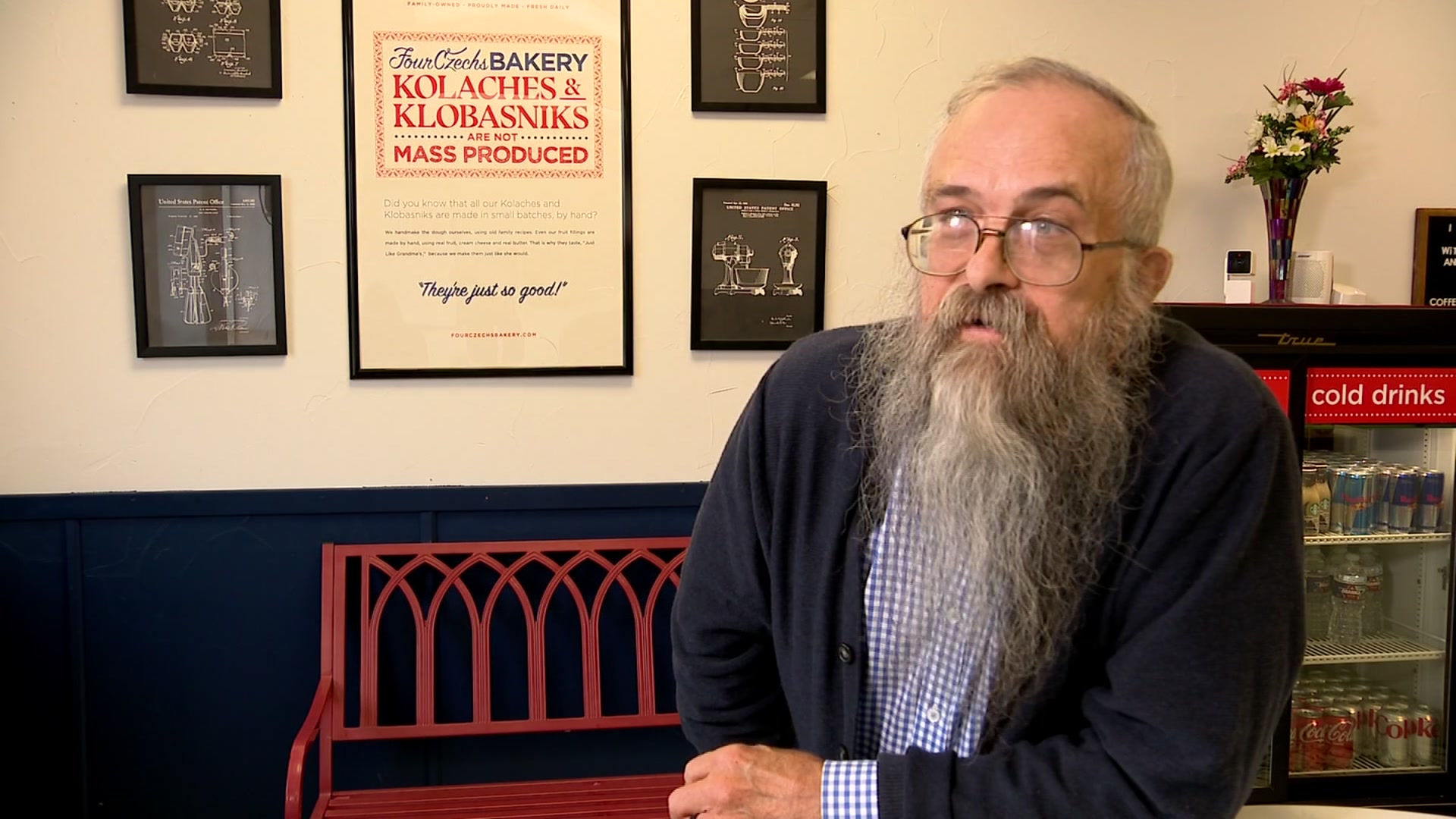There is new evidence that mind-body therapies can help people get off some of their heavy prescription pain pills.
A Dallas woman is living proof that the mind might have the power to heal the body.
By all medical accounts, Hart Robinson should be in pain. Doctors said she would never recover from damage caused by a liver disorder 10 years ago when they removed almost her entire small intestine.
"They told me I was going to be on a feeding tube, in the nursing home. Seriously! That's what they told me. At one point, I was given five minutes to live," she said.
She survived and spent eight years on strong, addictive opioid medication to manage the chronic pain.
"All of those things, when you envision a drug addict doing, that's what I looked like. It was horrible. I couldn't drive. I couldn't socialize. I isolated myself because I thought, 'This is it.'"
Health Connection
Get connected to a healthier life.
Finally, when she fell out of a church pew and injured herself, she said she decided to make a change and incorporate meditation and mindfulness to manage the pain.
"I can use my body to embody that hope and that understanding that, yes, I can do that today," she said. "I can focus today and heal today."
Robinson said she's always practiced meditation and mindfulness and used her techniques to get through three natural child births.
However, she said she wasn't sure what to expect when she slowly switched out her medication, under her doctor's guidance.
"The more clear I became, the more I noticed that I could walk, I could talk, I could have a conversation without losing what track of what the other person was saying," Robinson said. "I began to do more movement."
Research has shown that mindful meditation can change how people feel their chronic pain.
Slow breathing and movement help bring focus to the present moment.
That alone helps the brain combat the stress hormone, cortisol, that spikes during painful experiences.
"It's decreasing the neuropathways, the connectivity of the amygdala, which is the fight or flight reptilian part of the brain," said co-owner of the Dallas Yoga Center Daniel Sunshine. "It's what makes us worry about things we don't beed to be worried about."
He said it wouldn't work overnight though. Sometimes, it takes weeks or months of consistent practice.
It may also not help reduce a person's dependence on pain pills entirely, but Robinson has had remarkable success.
"When they tell you to rank your pain from one to 10, I would tell people my pain is 15. Now I can say my pain in zero."
Forty-five minutes of meditation every morning for a life free of pain and painkillers.
Always talk with a pain doctor before stopping any medication.




